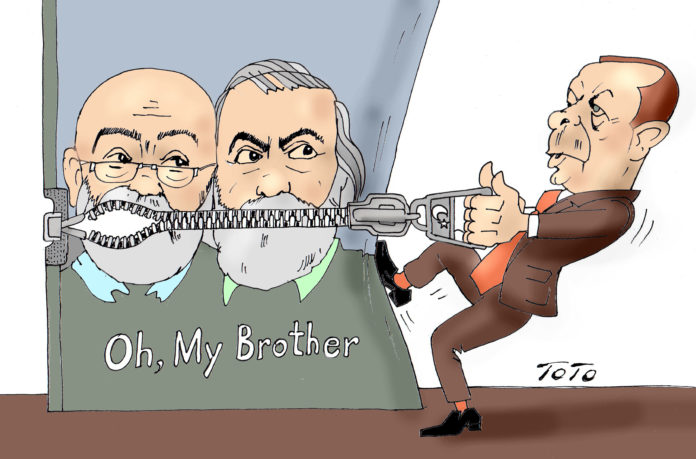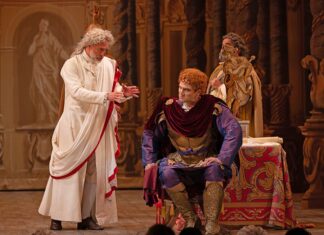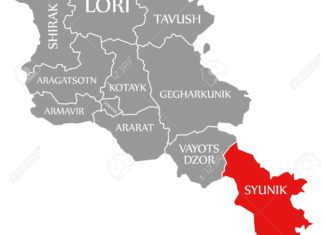By Edmond Y. Azadian
Turkish President Recep Tayyip Erdogan is his own worst enemy. He was smart enough to pretend before the rest of the world that his mission was to move his country from the Middle Ages to the modern democratic era. Even Western leaders began to refer to Turkey as a role model for the Islamic world, combining democratic values with Islamic institutions and other Islamic nations were urged to emulate it.
That piece of make-believe allowed Erdogan a lot of latitude to further build up his armed forces through NATO and to develop Turkey’s economy at a dramatic pace.
But it did not take too long for him to reveal his true face by undoing Mustafa Kemal Ataturk’s secular reforms, bringing back the veil to women and the Koran to the new madreses popping up everywhere.
The Europeanized segment of Turkish society was caught off guard, becoming alienated in its own country. Writers like Nobel Prize-winner Orhan Pamuk and internationally celebrated novelist Elif Shafak found themselves out of place. Erdogan and his AKP party did not mind that alienation as long as they could garner the 51 percent vote from the Anatolian peasants to push back Turkey to the Middle Ages.
Intoxicated by his newly-acquired power, Erdogan began to entertain his Ottoman dreams, domestically repressing the population and internationally bullying allies. However, he painted himself into a corner, where he could only solicit the help of similar authoritarian powers, those in Russia, China and Iran.








